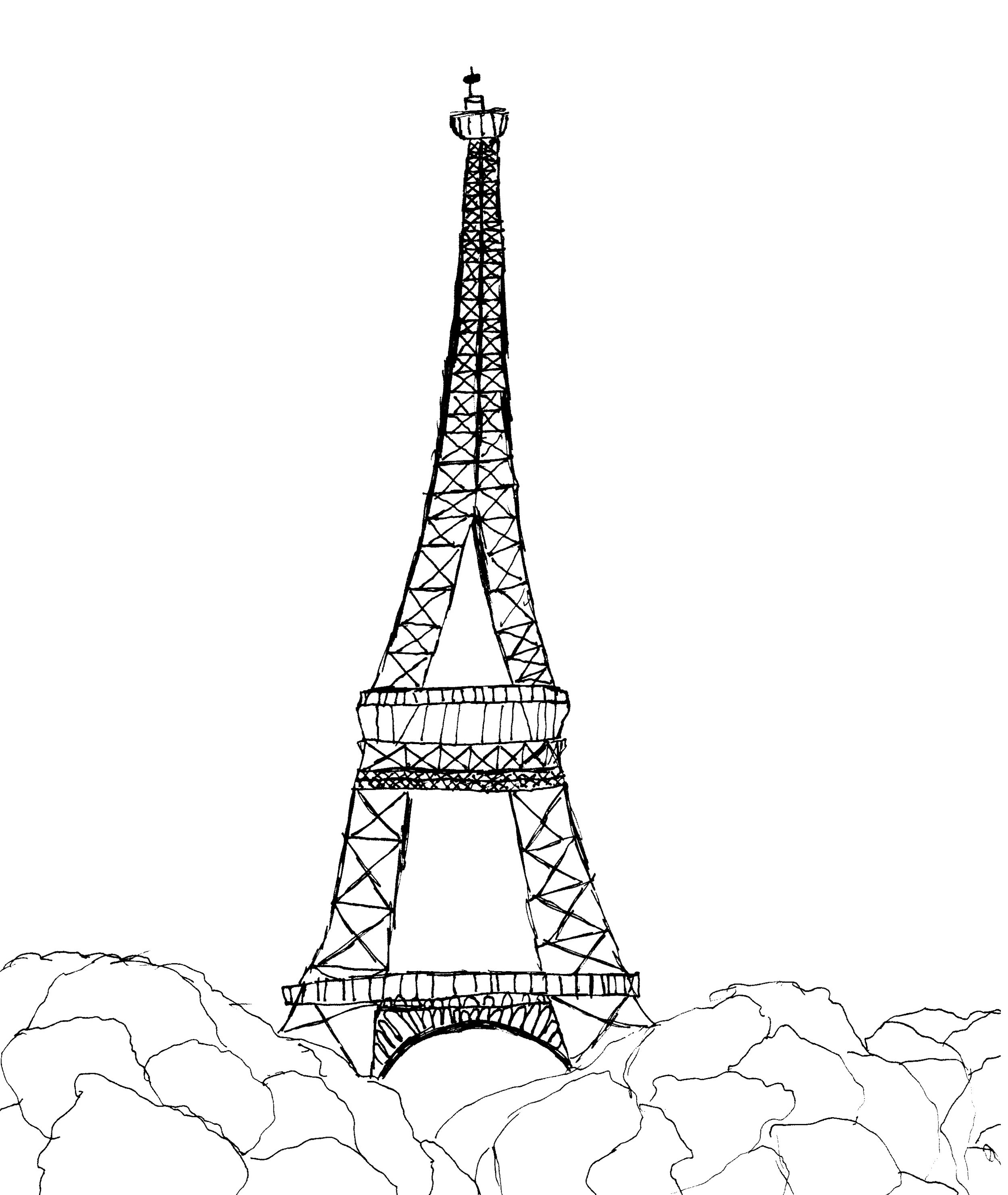Courses at l’Institut français d’Oak Park
Beginning in Winter 2024, l’Institut français d’Oak Park will move to a new course format that is more conducive to students learning language. This exciting change will allow us to create a language learning environment that prioritizes communication and language acquisition without the barriers of grammar sequencing. It will also allow us to focus more on content that is engaging for our students.
Despite the success we have had teaching our students in a more traditional classroom based on university language programs, we believe that we will better serve our students’ needs by using a more natural method of language instruction based on decades of research regarding language acquisition. Classes will be based on the Common European Framework of Reference for Languages (CEFR), a widely used framework of assessing language proficiency, instead of using a grammar-sequenced textbook.
Students will be placed in classes appropriate for their capabilities in French rather than the particular structures they have covered in prior courses. While students will continue to learn grammar in context, focusing on communication will increase acquisition and promote more meaningful exchanges in French.
Course equivalencies
Switching from a grammar-sequenced course structure to a more natural, communicative one will not provide for exact equivalencies between the old structure and the new. However, we have developed this guide to help former and current students of l’Institut determine which course to register for. Please let us know if you have any questions and we will be happy to help you find the best course for you.
Le Débutant (A1)
Learn how to introduce yourself and others, talk about what you do and where you live as well as your hobbies and interests. Learn how to ask for and give simple information and how to express your emotions.
Le Touriste (A1/A2)
Transition from communicating the most basic information about yourself to describing people, places, and things in your environment and talking about your plans. Practice expressing needs and wants and asking for more detailed information.
L’Explorateur (A2)
Move beyond more simple tasks and begin to relate simple stories and describe events and activities. Learn to explain why you like or don’t like something and how to talk about past experiences and events.
Le Globetrotteur (A2/B1)
Begin to tell stories and describe events and activities with more detail and fluency. Learn to describe problems and explain your opinions about familiar topics. Practice describing events, real and imaginary.
Le Découvreur (B1/B2)
Continue to build your fluency by explaining and justifying different points of view about complex topics. Practice relating detailed information reliably and clearly recounting experiences and how they affected you.
L’Habitué (B2/C1)
Develop conversation skills by building vocabulary, learning communication strategies, and practicing your skills in structured in-class discussions about French and Francophone culture, art, and social and political issues.
How long does it take to move from one level to the next?
In general, it takes 200 hours to move from one Common European Framework of Reference for Languages (CEFR) level to another. However, this will vary for each student base on many factors (e.g. age, quality of time spent learning, other second language experience, etc.). The following chart shows estimates how long you might spend at each level. The estimates are based on whether or not the level includes one or two CEFR levels as well as my own experience of teaching French for more than 20 years.


